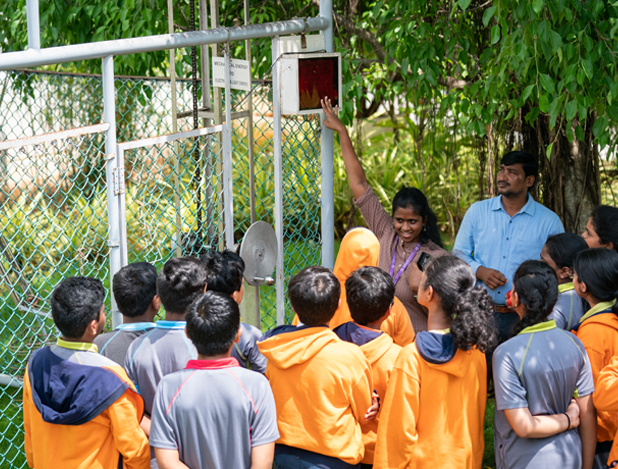Nurture the love for exploring in the young minds
- 30 November 2022


Between an amusement park with roller coaster rides and a city park with swings and slides, what do you think a child would choose? I am sure most of you would have guessed it right. Children would definitely choose the amusement park as it has all the adventurous and fun factors involved. Not just about fun even while coming to education children tend to love the concepts and subjects where they get an opportunity to explore and enjoy themselves. They expect everything they learn to be exciting, enjoyable, curious, and most importantly have a WOW factor in it.
It is undeniable that Science is the stimulus where hands-on activities and experiments bring that WOW factor. For instance, when a Grade 7 student is performing a chemical reaction of an acid and an indicator with a base, the color change makes them feel like they are preparing potions. Senior students while making an electromagnet attract iron fillings makes them feel as though they are doing magic. When a biology student dissects a frog it gives them the feeling of already being a doctor. This wow factor is what makes the child to identify the area of science that excites them more, incline towards it and eventually turn it into their main choice of stream. No matter what, in all this, their end reaction would always be “wow,” and that’s the beauty of experiential learning.
As a science facilitator I always make sure that I give that feeling of excitement to children and at Oakridge you get to experience such types of moments a lot. One among many such experiences that brought excitement into the classroom is when Grade 8 students were learning about culturing microbes. Students collected samples from different objects like ID card, box, book cover, shoe, skin of the hand and observed the variations in microbial growth, such as color and population. Children were amazed to look at the results. They tried to analyze, understand and come up with reasonable explanations for why certain samples grew larger colonies.
Challenging kids is another favorite technique followed in my class, thanks to the MIT STEAM collaboration we have at Oakridge for engaging activities in science. Under the STEAM activities children love doing the design challenge. Design challenge enables students to develop critical thinking and problem solving skills. Just give them a screw, nut, piece of paper and ask them to build something. Each child will come up with a unique innovative idea that would be surprising and awestruck.
Learning is not limited to the classroom; kids are always curious to learn something new around them. Their curiosity should be channeled properly. Even at home they can do a lot of learning. Kitchen can be a mini science lab for them. Just by taking a handful of seeds, providing them proper conditions, kids can check the germination process, measuring the length of stem, number of leaves and tracking growth rate can be extended learning. Observing evaporation, condensation, boiling, melting, freezing will connect them to particle theory and promote application of knowledge.
Even through baking a cake they can learn a lot about science. Baking a cake involves a lot of science. biology in yeast multiplication, chemistry in fermentation and physics in measuring ingredients. In case the outcome of the cake goes wrong, kids learn to understand what could have possibly gone wrong and standardize the procedure These kitchen activities done along with parents is a stimulus to foster curiosity moreover improve child- parent bond.
Channeling these young minds and keeping the floor open to performers will benefit both the child and society; in a progressive world where new inventions for a better life are made every minute. Experiential learning allows their curiosity to be ignited throughout, keeping the child focused and goal oriented as they keep exploring new things. And I strongly believe that these igniters will pave the way for new inventions.
“Science is about the miracle of the mundane – and children can appreciate this best. Every child is a scientist!” Susan Bosak

Hyderabad, Gachibowli

Hyderabad, Bachupally

Visakhapatnam

Mohali
Bengaluru